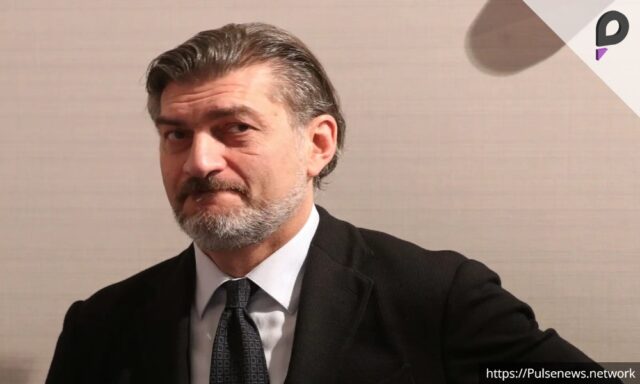Kavelashvili, 53, is a former member of parliament for the ruling Georgian Dream party. He is known for his time playing for Manchester City in the 1990s. For the first time, the Georgian president was chosen by parliament through a direct ballot of a 300-member electoral college.
Opposition’s Boycott
Due to a boycott by four main opposition groups since October’s disputed elections, Kavelashvili ran unopposed. Out of 225 electors present, 224 voted for him. He will officially assume office on December 29. The role of Georgian president is largely ceremonial, granting limited powers.
POLITICAL DIVISION
Former Soccer Star Kavelashvili’s election is expected to deepen the divide between Georgia’s pro-Russia government and its pro-Western opposition. His criticism of the West has fueled concerns among pro-EU protesters, who have camped in Tbilisi for over two weeks. Many Georgians view the ruling party’s decision to pause EU accession as a betrayal of the nation’s European aspirations.
The election caps months of mounting tensions in the South Caucasus country of 3.7 million people. Critics accuse the Georgian Dream party of adopting authoritarian, pro-Kremlin policies, reversing Georgia’s long-standing goal of EU membership.
Prime Minister Irakli Kobakhidze congratulated Kavelashvili following the parliamentary vote and criticized outgoing President Salome Zourabichvili. Kobakhidze accused Zourabichvili of being an “agent” for foreign powers, without elaborating.
Analysts believe Kavelashvili’s presidency may further polarize Georgia’s political landscape. Opposition leaders decry his selection as a step away from democratic values and closer alignment with Russia.
Public discontent with the government has been growing, especially among pro-European citizens frustrated with stalled progress toward EU integration. Demonstrators have been demanding a shift back to pro-Western policies in large protests across the capital.
Kavelashvili’s election underscores Georgia’s precarious position, caught between its historical ties to Russia and aspirations for greater integration with Europe. As his presidency begins, observers predict continued unrest and an uncertain path forward for the embattled nation.











